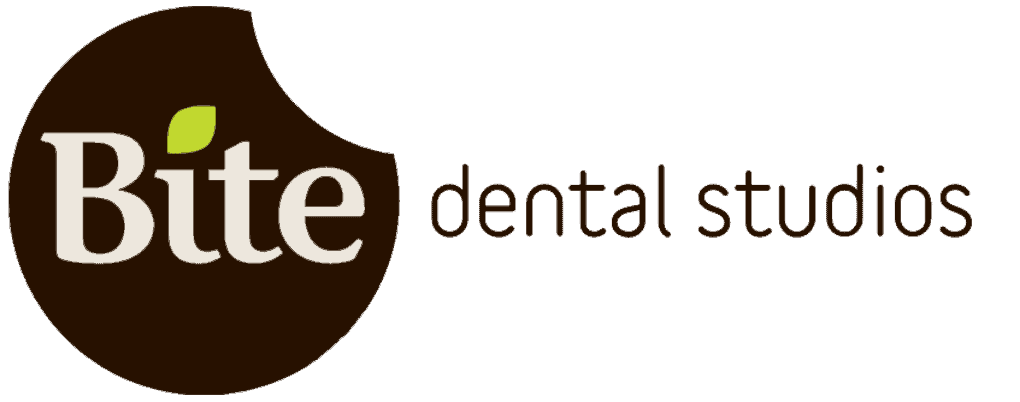Recent research conducted by the University of Sydney suggests that half of the Australian population are exceeding their free sugar intake by a whopping 50%.1 Children and adolescents are the worst offenders with 76% consuming more free sugar than recommended.
What is a free sugar you might ask? It is sugar that is added to your food either by you or the manufacturer which includes sugars found naturally in fruit juices, honey and syrups. The World Health Organisation recommends that free sugars should count for no more than 10% of our total kilojoule intake.2
It is well known that sugar is the number one enemy when it comes to dental decay and is usually associated with soft drinks, lollies and biscuits. Food manufacturers have been adding sugar to their products to improve the taste, particularly in the low-fat varieties. Even foods that are perceived as savoury are often high in sugar such as ready-made soups and sauces.
What can I do to reduce my intake?
Manufacturers have been misleading consumers by plastering their packaging with slogans such as “no added sugar” or “free from refined sugar”. So take a look at the nutritional information at the back to find out exactly how much sugar is in the product you are consuming!
The Australian Dental Association (ADA) classified sugars in food and drinks into low, medium and high tags as listed in a table below.3
Table 1: Sugar classification levels for food and drink according to the ADA.
| Low sugar | Moderate sugar | High sugar | |
| Food per 100g | 5 g or less | 5.1 – 14.9 g | 15 g or more |
| Drink per 100mL | 2.5 g or less | 2.6 – 7.4 g | 7.5 g or more |
By making minor changes to your diet to minimise sugar consumption, not only will your body thank you but also your teeth. Consider adding less sugar to your tea and coffee, swapping your morning juice for a glass of water and consuming soft drinks and lollies only on special occasions.
Also don’t forget to check the sugar content of your favourite breakfast cereal as some of them can be alarmingly high.
Here at Bite Dental, we have a holistic approach to your dental health. We like to take time to thoroughly assess every patient, so let us know if you would like us to do a diet analysis for you.
References:
- Sugar sweetened Aussies http://sydney.edu.au/news-opinion/news/2016/03/21/sugar-sweetened-aussies.html
- WHO warns against added sugar. https://www.choice.com.au/food-and-drink/nutrition/sugar/articles/who-releases-recommendations-on-free-sugar-consumption-110315
- https://www.adansw.com.au/Community/Patient-Information/School-Age-Children


